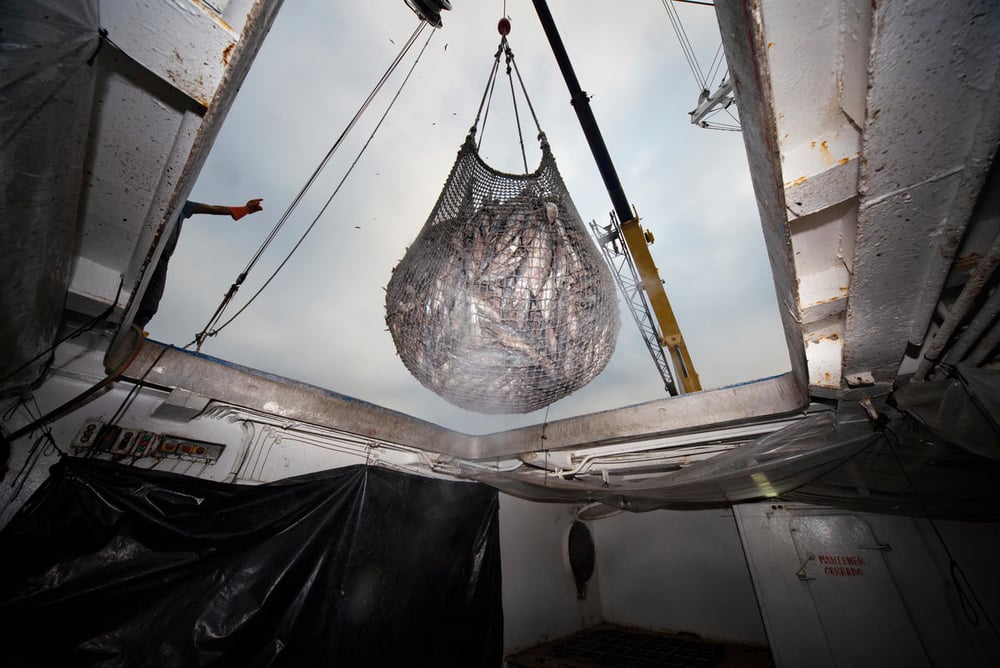After many years of urging by WWF and others, a new global agreement will end some of the financial support for harmful fishing practices.
One-third of fish populations are already being exploited beyond sustainable levels. So we welcome the decision by the World Trade Organization (WTO) to curb certain subsidies that result in destructive overfishing practices.
Member nations of the WTO, the intergovernmental organization that regulates international trade, agreed to reform some of the US$22 billion in annual subsidies that currently cause harm.
These practices, in coastal waters and on the high seas, not only threaten the future of hard-pressed species, they also degrade the resources coastal communities depend on and jeopardize the future of the industry they set out to support.
“The new agreement is the product of compromise among 164 countries, so it’s not perfect,” said Marco Lambertini, Director General of WWF International. “But the ocean needs help now, and marine ecosystems as well as coastal communities cannot wait for a perfect solution. What the WTO has delivered is an agreement that should be a catalyst for further subsidy and fisheries reform.”
MORE ACTION NEEDED
The new agreement comes after more than two decades of negotiations. We first urged subsidies reform in 1997 and, today, are among more than 180 organizations pushing for the removal of all harmful fisheries subsidies that drive overfishing.
We believe that future approaches to fishing must emphasize equity, sustainable development and resilience-building for both people and nature. So we are pleased that WTO members have committed to continue discussions on further reforms, particularly on issues of overfishing and overcapacity.
Marco Lambertini said: “We welcome the progress made by WTO members and tireless campaigners around the world, but let’s not forget that much more needs to be done to change course and help put us on the path to a healthier ocean and more resilient communities.”
YOU CAN...
- Show your support and raise awareness on social media with #StopFundingOverfishing
- Find out more about our global work for oceans


